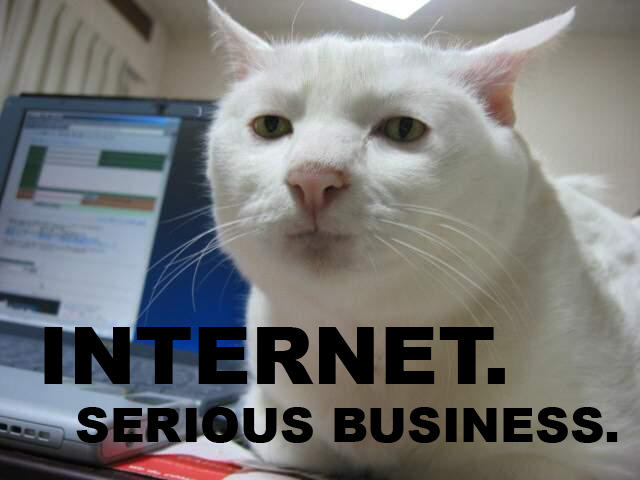So during the Easter break I ventured home to northern NSW to catch up with friends and family, only to be met with the same two questions being asked over and over, "What degree are you doing?" and "So... what can you do with that?". Though I got pretty used to being asked these questions, I never quite knew how to respond to them. It made me begin to wonder, why am I doing this course?
When we gave our presentation we tended to focus on the difficult aspects of working in the New Media world and it really got me down. Gill (2007) describes the attributes needed for someone who works with New Media as, "one needed stamina, the ability to work very long hours, and a desire to learn all the time with some of the other qualities mentioned again and again were energy, networking capabilities, flexibility and an ability to live on very little money."
Gill really has a way of making me realise my career path wont be as fantastical as I thought it would be...
Jacob shared a lot of the same feelings as I did in terms of the difficulty of actually getting a job. It's suprising that I never really listened to sayings like, "It's not about what you know, but who." until you realise it's probably the only way I will get a job.





